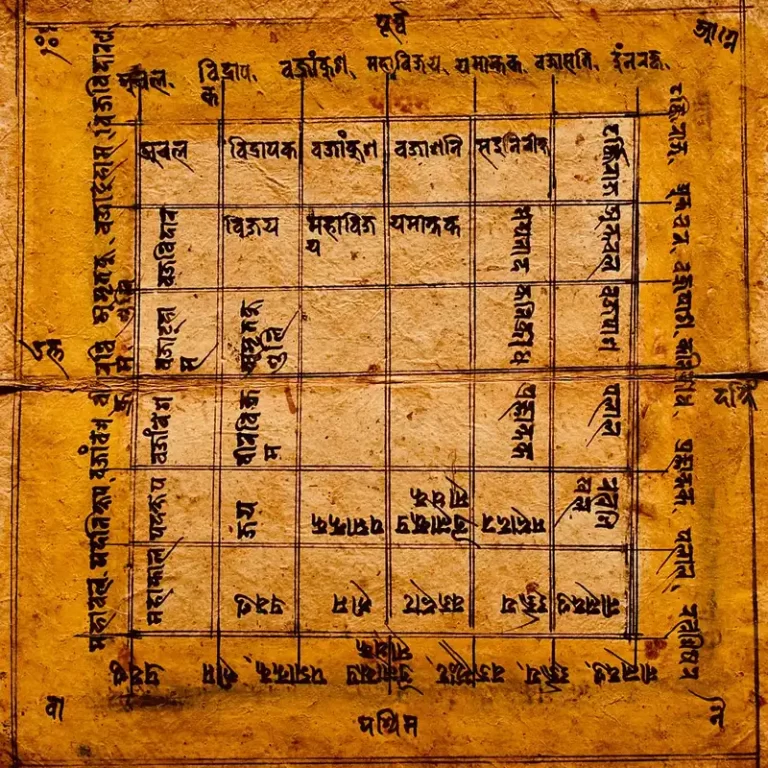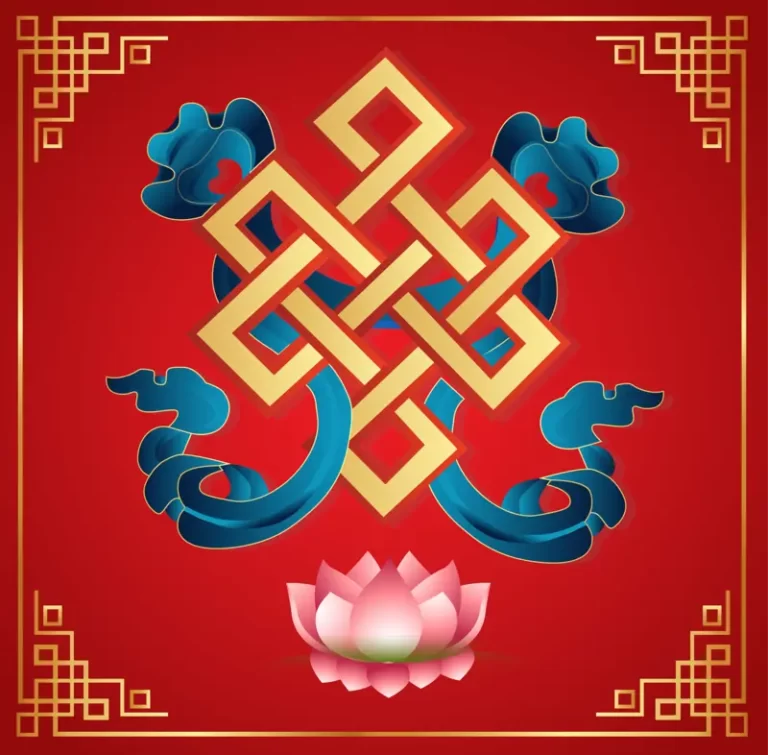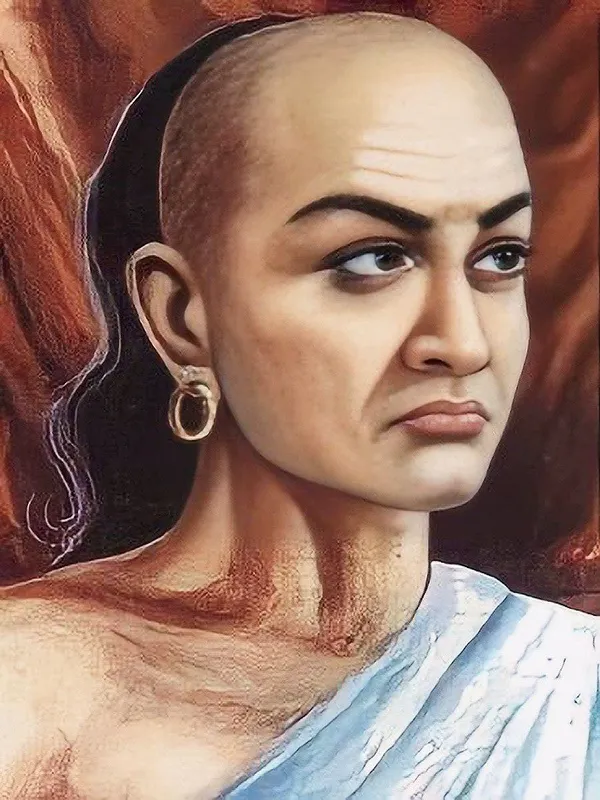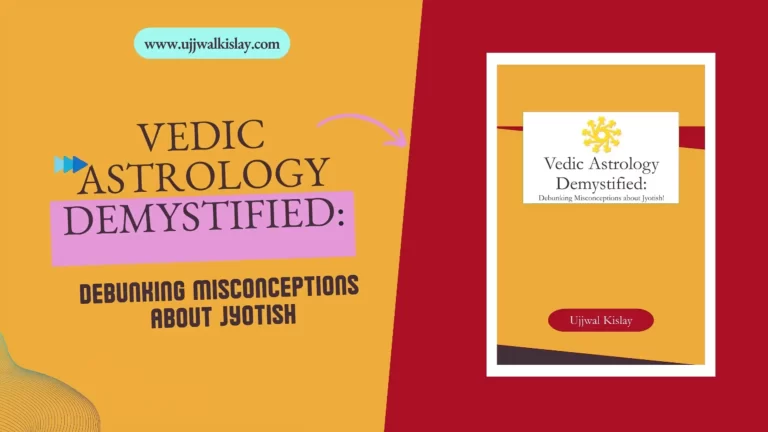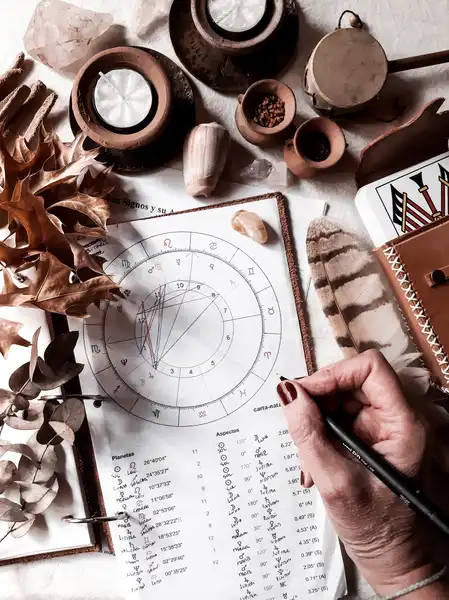How to analyze Marriage using Vedic Astrology?
Introduction:
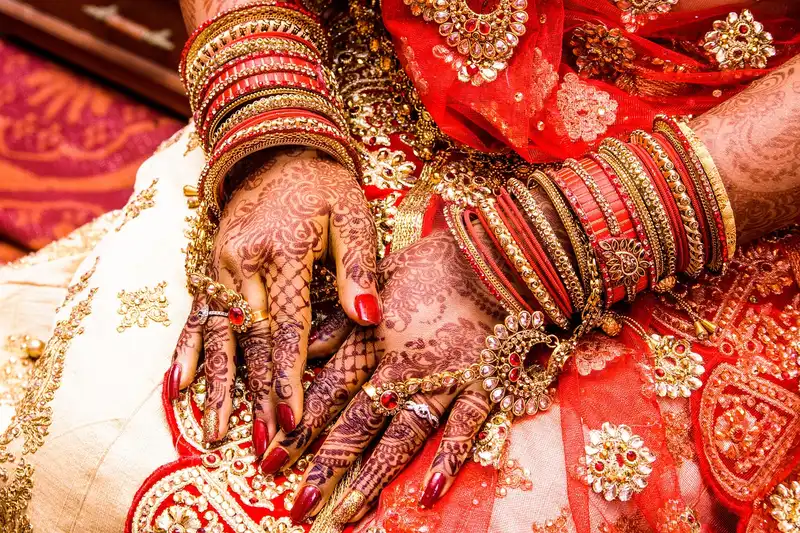
Vedic Astrology to analyze Marriage involves examining the seventh house, its lord, and planetary aspects. The seventh house in the birth chart signifies marriage and partnerships. The seventh house lord’s placement, strength, and associations offer insights into one’s marital prospects. Planetary aspects and conjunctions impacting the seventh house reveal the nature of relationships. The Navamsa chart, a vital component, provides deeper insights to analyze Marriage. Doshas like Mangal Dosha and Nakshatra compatibility are also considered to analyze Marriage. Timing is determined through dasha periods and transits. Vedic astrology offers a comprehensive framework for understanding marital dynamics, compatibility, and potential challenges based on one’s horoscope.
Vedic View On Marriage:
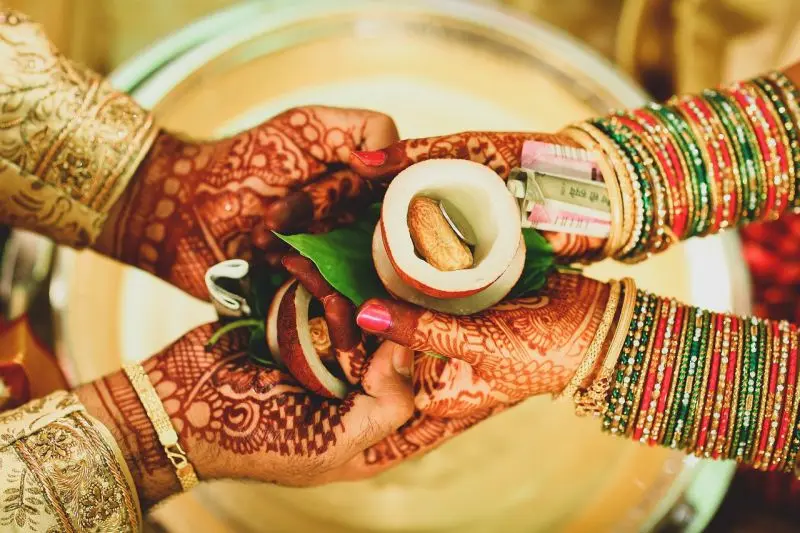
Marriage functions as a bastion of emotional and psychological reassurance, fostering both personal and societal equilibrium. Within this union, it fosters an environment wherein individuals can openly exchange their moments of elation, despair, and life encounters, culminating in the cultivation of profound comprehension and connection between spouses. Furthermore, it serves as a platform for individuals to satiate their emotional, social, and physical requirements, ultimately leading to personal contentment and realization.
Within Vedic culture, marriage holds a position of profound sacredness and significance. The Vedic perspective on marriage encompasses multifaceted dimensions that underscore the spiritual, social, and emotional facets of this union:
Union of Atmas: Vedic philosophy perceives marriage as not merely the convergence of two individuals but as the joining of two Atmas (souls). This union is believed to be driven by karma, with souls uniting to fulfill a shared destiny and nurture each other’s spiritual evolution.
Emphasis on Dharma: Dharma, representing righteous conduct and moral duties, assumes paramount importance in Vedic matrimony. The couple is entrusted with fulfilling their obligations towards one another, their families, and society at large. This entails upholding values, mutual respect, and sustaining harmony within the relationship.
Procreative Purpose: In Vedic culture, marriage serves as a vehicle for procreation and the continuation of lineage. Bearing and nurturing children with love, values, and a sense of responsibility is regarded as a sacred duty.
Partnership and Companionship: Vedic marriage extols the concept of partnership and companionship, wherein husband and wife are considered equals, offering mutual support across physical, emotional, intellectual, and spiritual domains.
Family and Social Integration: Vedic matrimony transcends the couple and encompasses the integration of families and communities. It serves as a conduit to unite two families, fostering social bonds and maintaining societal harmony.
Sacred Ceremonies and Rituals: Vedic weddings entail elaborate ceremonies and rituals symbolizing the union of the couple, their families, and the blessings of the divine. These rituals aim to invoke divine blessings, purity, and auspiciousness for the couple’s shared journey.
Commitment and Lifelong Bond: Vedic marriage underscores the concept of an enduring commitment. It is believed that the marital bond extends beyond a single lifetime, with the couple’s connection persisting across multiple lifetimes through their enduring love and commitment.
Factors in Vedic Astrology to Analyze Marriage:
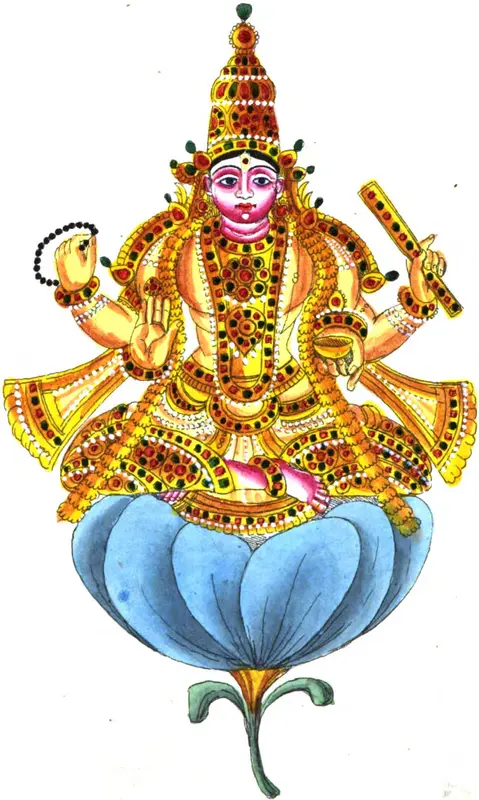
In Vedic astrology to analyze Marriage, the 7th house, along with its ruling planet and Karak Venus (associated with the wife) and Jupiter (associated with the husband), are central to matters of marriage and partnerships. Nonetheless, several other houses and planets exert influence over one’s marital life. Here are the principal houses and planets relevant to analyze Marriage:
7th House: The 7th house is the foremost domain to analyze Marriage and partnerships in astrology. It symbolizes the spouse, committed relationships, and marital harmony. The zodiac sign and celestial bodies positioned in the 7th house, as well as any aspects they form, offer insights into the nature of the marriage and the qualities sought in a partner.
2nd House: The 2nd house signifies family, wealth, and personal values. It is also known as the house of sustenance, reflecting the stability and financial aspects of a marriage. A well-placed and robust 2nd house may denote financial compatibility and support within a marriage.
5th House: Associated with love, romance, and creativity, the 5th house primarily represents children but also plays a role in determining the love and affection shared between partners. A favorable 5th house placement can indicate a loving and romantic marriage.
8th House: The 8th house represents transformations, shared resources, and deep emotional bonding. It indicates the depth of intimacy and the capacity to share and merge resources within a marriage. This house also pertains to the longevity (Mangalya) and transformative aspects of a marital relationship.
12th House: The 12th house embodies themes of sacrifice, spirituality, and detachment. It signifies the ability to surrender and release personal ego within a relationship. A well-placed 12th house may suggest a spiritual and harmonious marriage grounded in mutual understanding and empathy.
Venus: Venus, the planet of love, beauty, and harmony, serves as the natural significator of marriage for both men and women. It denotes the Wife in a Man’s Horoscope. The position and aspects of Venus in an individual’s birth chart provide insights into their approach to relationships, romantic inclinations, and desired qualities in a partner.
Jupiter: Jupiter, the planet of expansion, wisdom, and blessings, represents knowledge, compatibility, and the capacity to find happiness within a relationship. It denotes the Husband in a Woman’s horoscope. A strongly positioned Jupiter may indicate a supportive and fulfilling marriage.
It is vital to acknowledge that the interpretation of these houses and planets can vary based on an individual’s unique birth chart and the specific aspects and placements involved. Vedic Astrology to analyze Marriage can provide a tailored analysis of one’s chart, offering insights into the potential influences on their marital life.
Delays in Marriage:
Delays in marriage are a common concern for many individuals, and Vedic Astrology to analyze Marriage can provide insights into the potential factors contributing to such delays. Several astrological factors may be associated with marriage delays:
Saturn’s Influence: Saturn often plays a significant role in delays related to marriage. Its placement, aspects, and conjunctions within the birth chart can signal obstacles or delays in forming a committed partnership. Saturn’s influence may bring lessons, responsibilities, and the necessity for patience before marriage occurs.
Afflictions to the 7th House: Challenges or afflictions affecting the 7th house, which governs marriage and partnerships, can lead to delays. The presence of malefic planets like Saturn, Rahu, or Ketu influencing the 7th house or its ruler may create obstacles or difficulties in finding a suitable partner or experiencing a harmonious marital life.
Retrograde Planets: Retrograde planets within the birth chart, particularly those linked to the 7th house or its ruler, may indicate delays in marriage. The retrograde motion suggests a need for introspection and internal processing before entering into a committed relationship.
Dasha and Transit Periods: The timing of marriage can be influenced by planetary periods (Dashas) and transits. Unfavorable dasha periods or challenging planetary transits during the potential marriage age may lead to delays. Conversely, favorable dasha periods and supportive planetary transits can facilitate marriage.
Mangal Dosha (Mars Affliction): In Vedic astrology, Mangal Dosha is a condition that arises when Mars (Mangal) occupies specific houses within the birth chart. Mangal Dosha is believed to create delays or challenges in marriage, and it is often considered during the Kundali matching process to analyze Marriage.
Karmic Factors: Delays in marriage can also be attributed to karmic factors or unresolved issues from past lives. These factors may need to be addressed and resolved before an individual is fully prepared for a committed partnership.
Challenges in the Marital Life:

Marriage, while capable of providing immense fulfillment and rewards, is not immune to its fair share of challenges, much like any other relationship. Here are some prevalent issues that can manifest in the context of marriage:
- Communication Problems: Breakdowns in communication can result in misunderstandings, conflicts, and a diminished emotional connection within a marriage.
- Financial Stress: Finances often serve as a major source of strain in a marriage, particularly when disagreements arise over spending, debt, or financial objectives.
- Infidelity: Acts of infidelity or a breach of trust can deliver a devastating blow to a marriage, potentially leading to its dissolution.
- Differences in Values or Beliefs: Variances in values or beliefs regarding matters such as religion, family, or politics can give rise to conflicts and strain within a marriage.
- Lack of Intimacy: A scarcity of physical or emotional intimacy can result in feelings of disconnection and loneliness, eroding the foundation of a marriage.
- Cultural or Social Differences: Disparities in cultural or social backgrounds may occasionally foster tension or misunderstanding within a marriage.
- Stress and Life Changes: Major life upheavals such as the birth of a child, job loss, or health crises can place significant stress on a marriage, potentially testing the strength of the relationship.
Love and relationships constitute pivotal facets of the human experience, offering opportunities for joy, personal growth, and fulfillment. Nevertheless, they are not without their complexities, demanding concerted effort, effective communication, and a willingness to compromise to sustain and nourish these bonds.
Separation and Divorce:

Divorce is the legal dissolution of a marriage or marital union, typically initiated through a court order. It can be an emotionally challenging and difficult experience for all parties involved, including the spouses and their children. Common reasons for divorce include:
- Infidelity or a breach of trust.
- Breakdowns in communication and frequent conflicts.
- Financial issues or disagreements regarding money matters.
- Physical or emotional abuse within the marriage.
- Differences in values, goals, or interests.
- Substance abuse or addiction affecting the relationship.
- Growing apart or falling out of love.
- Incompatibility or irreconcilable differences.
Divorce can carry significant emotional and financial consequences. It can be especially trying for children, who may experience confusion, anger, or sadness due to the dissolution of their family. It is important for couples to consider options such as counseling or mediation to address their issues and explore alternatives to divorce. In cases where divorce is unavoidable, it is crucial for spouses to collaborate to make the process as amicable and respectful as possible, particularly if there are children involved.
Vedic Astrology to analyze Marriage can provide insights into potential factors that may influence marital relationships, including the possibility of separation and divorce. Here are some astrological considerations often taken into account regarding divorce:
Afflictions to the 7th House: The 7th house in astrology signifies marriage and partnerships. Afflictions to this house, such as the presence of malefic planets or challenging aspects, may indicate difficulties or conflicts within the marital relationship that could potentially lead to divorce.
Malefic Influences on Venus: Venus represents love, harmony, and relationships. When Venus is afflicted by malefic planets or is weakened in the birth chart, it may suggest challenges in maintaining a harmonious and fulfilling marital connection.
Position of Mars: Mars is associated with energy, assertiveness, and conflicts. Its placement and aspects in the birth chart can reveal the potential for aggression, arguments, or discord within a relationship, which could contribute to the likelihood of divorce.
Dashas and Transits: The timing of divorce may be influenced by planetary periods (Dashas) and planetary transits. Unfavorable dasha periods or challenging planetary transits could coincide with periods of marital strain or an elevated probability of divorce.
Planetary Aspects: Various planetary aspects within the birth chart can shed light on relationship dynamics. For instance, challenging aspects between Venus and Saturn or Mars may suggest potential difficulties or conflicts within a marriage that may lead to separation or divorce.
Divisional Charts: Divisional charts, such as the Navamsa chart (D9), offer additional insights into the quality and potential outcomes of marriage. Analyzing the Navamsa chart alongside the birth chart can provide a more comprehensive understanding of the factors contributing to marital stability or challenges.
It is vital to keep in mind that Vedic Astrology to analyze Marriage is just one tool among many for understanding relationships and making decisions. Ultimately, the success or dissolution of a marriage is influenced by a variety of factors, including individual efforts, effective communication, compatibility, and personal choices. When seeking guidance from astrology, it is advisable to approach it with a balanced perspective and consult professionals who can offer a comprehensive analysis of the birth chart in relation to marriage and potential challenges.
Vedic Astrology Remedies for Marital Bliss:

Vedic Astrology to analyze Marriage offers a variety of remedies to enhance prospects and address challenges or delays in finding a suitable partner. These remedies are believed to counteract negative astrological influences and foster a favorable environment for marriage. Here are some commonly advised remedies:
Worship and Mantras: Regularly worshiping deities associated with marriage, such as Lord Shiva, Lord Vishnu, or Goddess Parvati, is considered beneficial. Reciting mantras like the “Swayamvara Parvathi Mantra” or the “Gauri Mantra” is also practiced to invoke blessings for a successful marriage.
Gemstone Therapy: Wearing specific gemstones based on astrological recommendations is believed to strengthen favorable planetary influences and mitigate negative effects. For instance, individuals may be advised to wear a diamond (associated with Venus) or a Yellow Sapphire (associated with Jupiter) based on their birth chart.
Vedic Rituals: Conducting Vedic rituals like the “Vivaha Pooja” or “Kumbh Vivah” is a way to seek divine blessings for marriage. These rituals are performed with the intention of removing obstacles and inviting marital harmony.
Rudraksha: Wearing particular Rudraksha beads, such as the 2-mukhi or 7-mukhi Rudraksha, is believed to enhance marriage prospects. Each Rudraksha bead is associated with specific energies and planetary influences, and the choice of bead is determined by individual astrological factors.
Navagraha Shanti: Performing Navagraha Shanti puja or individual planetary propitiation rituals can help appease malefic influences and promote positive changes in the overall planetary alignment related to marriage.
Fasting: Observing fasting on specific days, such as Mondays for Lord Shiva or Fridays for Goddess Parvati, is considered auspicious for marriage. Fasting is believed to purify the mind and body while seeking divine blessings for a harmonious marital life.
Seeking Guidance: Consulting with an experienced astrologer to analyze Marriage can provide personalized guidance and remedies based on an individual’s unique birth chart and astrological influences.
It’s important to keep in mind that these remedies are not guaranteed solutions and should be practiced with faith and a positive mindset. Personal effort, self-improvement, and maintaining healthy relationships with others are also crucial aspects of achieving a successful and fulfilling marriage. While astrology to analyze Marriage can offer valuable insights, it should be viewed as a complementary tool in the pursuit of a harmonious and lasting marital relationship.
Conclusion:
Vedic Astrology to analyze Marriage, considers the seventh house and its related factors play a crucial role in understanding marriage and partnerships. Here is a breakdown of the key elements to consider:
Seventh House: The seventh house primarily represents marriage and partnerships in the birth chart. To gain insights into marriage-related characteristics, examine the planetary placements within the seventh house, aspects to the house, and the zodiac sign that governs it. Each planet positioned here and any aspects it forms can provide information about one’s approach to marriage and the qualities desired in a partner. The sign of the seventh house also influences marriage-related traits and dynamics.
Seventh Lord: The planet ruling the seventh house is known as the seventh lord. Analyzing the position, conjunctions, and aspects of the seventh lord can offer valuable clues about the nature of the spouse and marital prospects. The condition and strength of the seventh lord can indicate the potential for a harmonious or challenging marital relationship.
Navamsa Chart: The Navamsa chart is a significant component to analyze Marriage in Vedic Astrology. Derived from the main birth chart, it specifically focuses on marriage and relationships. Examine the planets in the Navamsa chart and their aspects to assess marital harmony and the influence of planetary energies on the married life.
Dasha Periods: Planetary periods, known as Dasha periods, are essential for timing significant marriage-related events. Different planets rule various Dasha periods at different stages of life, and their activation can indicate when important marriage events might occur. The timing of marriage can be influenced by the Dasha periods of planets associated with the seventh house or its ruling planet.
Transits: Pay attention to the movements of key planets, especially Saturn and Jupiter, as they can influence marriage timing and dynamics. Saturn’s transit over the seventh house or its lord can bring significant changes or responsibilities in marriage, while Jupiter’s transit may signify expansion and growth in the marital sphere.
Astrological Yogas: Identify specific combinations or yogas related to marriage in the birth chart. These yogas can indicate unique aspects of one’s marital life. For instance, the presence of benefic planets in the seventh house or auspicious conjunctions may indicate a fortunate and harmonious marriage.
Doshas and Remedies: Examine the birth chart for any doshas (afflictions) to analyze Marriage. Common doshas include Mangal Dosha (Mars affliction) or Shani Dosha (Saturn affliction). If doshas are present, consider appropriate remedies or rituals to mitigate their effects and enhance marriage prospects.
In Vedic Astrology to analyze Marriage, the comprehensive analysis of these factors allows astrologers to provide valuable insights into an individual’s marriage prospects and the potential dynamics of their marital life. It’s important to approach astrological consultations with an open mind and use the insights gained as a tool for self-awareness and informed decision-making regarding marriage and partnerships.
Remember that Vedic astrology to analyze Marriage considers both individual charts (birth chart, Navamsa) and dynamic factors (transits, dasas) to provide a comprehensive view of marriage prospects and compatibility. Always consult a qualified Vedic astrologer for a personalized analysis to analyze Marriage.
I aspire for this article to provide you with assistance. Should you discover value within these words, kindly contemplate sharing them with your loved ones. I invite you to spare a moment to offer your thoughts and appraisals below. For further remarkable content akin to this, I encourage you to delve into our website. Additionally, I extend an invitation to subscribe to my YouTube channel for forthcoming materials of similar nature. Lastly, feel unrestrained to establish a connection with me through social media. Wishing you a splendid day ahead!
हरि ॐ तत्सत्
FAQs:
Here are some frequently asked questions (FAQs) regarding how to analyze Marriage in Vedic Astrology:

